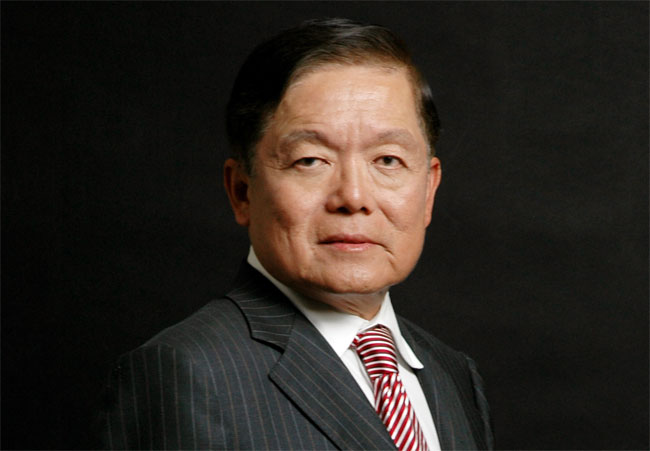Before Senator Victor Oh was a Senator, he said “I believe voluntary information is more accurate than mandatory” regarding the mandatory long-form census versus the voluntary survey.
From the written record of the Standing Committee on Industry, Science and Technology.
Hon. Mauril Bélanger:
Sir, we verified with the United Way, and according to them, the data obtained by the long-form census, which has been mandatory up until now, is the only source of reliable and comprehensive data regarding individuals and families in the local neighbourhood communities. They want this to be maintained, to be able to continue doing community mapping not only in Peel, but they do it in Ottawa and in other communities as well.
My next question to you is on the accuracy. You said because the government will increase from 20% to 30% the number of people getting the long form, although it’s no longer mandatory, this will provide greater accuracy.
Mr. Victor Oh:
Yes, because I believe voluntary information is more accurate than mandatory.
—-
Mr. Victor Oh:
In my contact with the communities, the feedback I had was that this survey was not a big deal, and why do you make it so political? What the country should do now is focus on the economy and jobs. We should stay ahead of the G-7. The average person is not interested in why we’re sitting here today. I don’t think it’s important. I think the most important thing is the economy and job creation.
———-
Mr. Victor Oh (Honorary President of the Mississauga Chinese Business Association, Confederation of Greater Toronto Chinese Business Association):
Thank you very much for having me here today to explain my point of view.
Many countries in the world have taken on the mandatory census. I strongly believe our government has replaced the mandatory census with the voluntary national survey because we do not believe it is appropriate to compel Canadians to divulge extensive private and personal information. I do not believe Canadians should be forced under the threat of fines, jail, or both, to divulge the answers to certain intimate questions. I’m from Singapore, and jail is a no-no over there.
Furthermore, I have confidence that a sufficient number of civic-minded Canadians will complete and return the national household survey to provide equally valid and valuable information to the data collected under the threat of penalty. I believe a voluntary census, with 30% more forms sent out, will give more accuracy on information coming back.
The approach to this issue is about finding a better balance between collecting necessary data and protecting the private rights of Canadians. I recognize that the information gathered from the long-form census is valuable. However, I believe a balance must be drawn between the government collecting data under the threat of fines, jail, or both.
For the last four years I’ve seen a lot of new immigration settlements being set up across the GTA and Canada. So it shows that, from time to time, government has paid attention to how many immigrants are coming into the country, what they need and where they need help, and I think that is critical. I’ve been in Canada for 30 years, and this is the first time I’ve seen so many settlements opening up, over the last four years.
In conclusion, as an entrepreneur, I feel strongly about efficient use of taxpayers’ money and about excessive intervention by government in the everyday life of people. Based on my network and discussions, I think many Chinese are not aware of the value of a census and that even completing the form, be it mandatory or optional, the information might not be accurate.
I have attended dozens and dozens of events with ministers and MPs from all parties, including accompanying Prime Minister Harper to China, and I see that despite its hard work the government’s message does not always register 100% with the Chinese. Language and cultural differences are key issues.
In conclusion also, my association, I and my supporters, would like to offer help to the federal government and act as a bridge to the Chinese Canadian community, including information sessions and advertising in the ethnic media, so that they can better understand the importance of census ideas.
In terms of the United Way of Peel Region, just recently, they think the census of 2006 is already outdated. There is a new census conducted by the United Way of Peel Region, called the “community mapping process”, which shows that the Peel region has 52% or more new immigrants. So you can see that our situation in terms of mapping is very important.
With today’s technology, different companies and different organizations are doing a lot of different surveys on their own. That is a very important thing to show that we have a good census here in Canada but our information may not be up to date.
A lot of companies in the private sector are doing their own censuses, and I believe those censuses can be shared by everybody.
Thank you.
